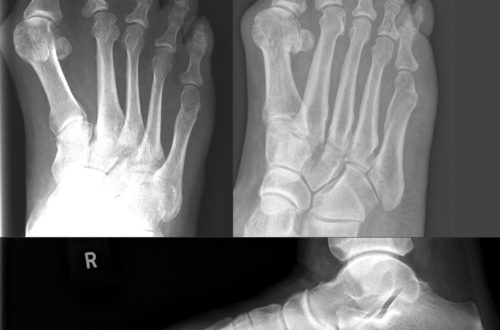Dealing With and Reducing Eczema Itching Effectively

Eczema is a condition that can impact anyone, often cropping up among infants and young children. It manifests as dry skin and redness across various parts of the body. Allergies are commonly associated with eczema, meaning individuals allergic to specific foods or with asthma may also experience this skin condition. Additionally, eczema can be hereditary, passing down through families.
Managing Itching
Managing itching is a primary challenge. It can be quite unbearable, and scratching often exacerbates the itchiness and causes pain. There are several strategies to diminish itching:
- For those with sensitive skin, it’s crucial to steer clear of harsh products, ranging from the soap used for cleansing to the laundry detergent. Opt for mild soaps that don’t dry out the skin and avoid products containing alcohol.
- Choosing natural fibers for clothing worn closest to the skin is ideal. Fabrics like cotton and silk are less likely to irritate the skin. Washing new clothing before wearing it helps remove potential irritants.
- Regulating temperatures is important; high temperatures and sweat can worsen eczema. Rinse off sweat to prevent flare-ups and irritation, as fluid loss through sweating can dry out the skin.
- Eczema is often linked to dry skin, so using humidifiers can increase moisture in the environment and alleviate symptoms. Regular cleaning of the humidifier is necessary to prevent the growth of bacteria and mold.
- Applying a cool, damp compress to affected areas can soothe itchiness and irritation. Dampen a light towel with water, wring it out, and wrap it around the affected skin to reduce itching for some time.
- Taking a lukewarm oatmeal bath can ease itching. You can purchase the bath mix at a pharmacy and follow the provided directions for soaking. After the bath, gently pat the skin with a towel and apply moisturizer to damp skin.
Moisturizing
Moisturizing is crucial in controlling itchiness. Applying moisturizer helps maintain the skin’s natural moisture and creates a barrier against allergens. Use unscented products after bathing, opting for thicker ointments to maximize moisture retention.
Nail Care
Keep nails short to prevent extensive skin damage from scratching. Ensure children’s nails are trimmed as well. If a child with eczema frequently scratches, consider using gloves or a barrier on the fingers to prevent skin damage and potential infections.
Identifying Triggers
Triggers for eczema can include specific foods, fragrances, soaps, clothing, and dust. Understanding these triggers and avoiding them as much as possible can significantly reduce symptoms. Recognizing and steering clear of triggers can be instrumental in managing eczema effectively.
Conclusion
Managing eczema involves a combination of gentle skincare practices, identifying triggers, and making lifestyle adjustments. By understanding the importance of moisture retention, choosing skin-friendly products, and recognizing individual triggers, individuals can take proactive steps to alleviate symptoms and minimize flare-ups. Consistency in these strategies is key to maintaining healthier skin and reducing the impact of eczema on daily life.
Would you like to receive similar articles by email?





